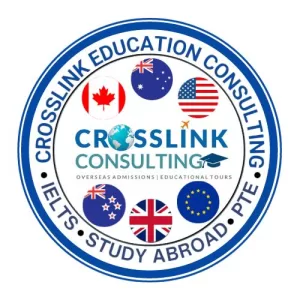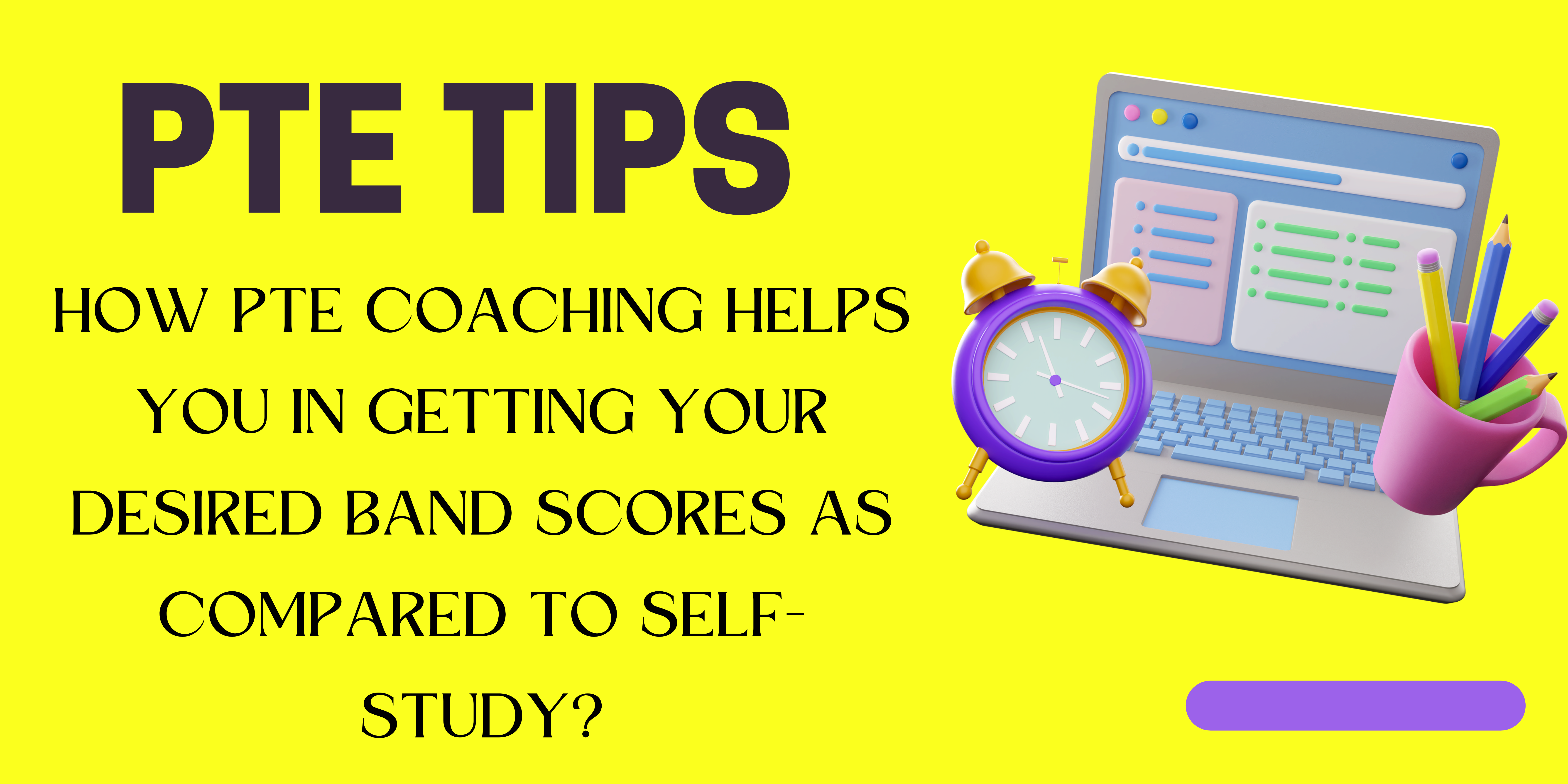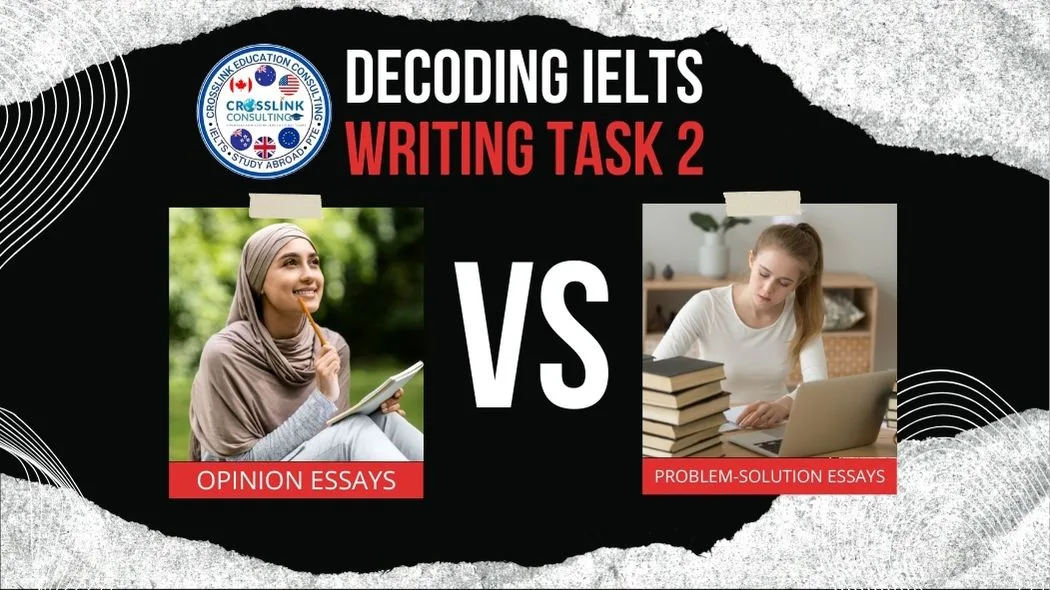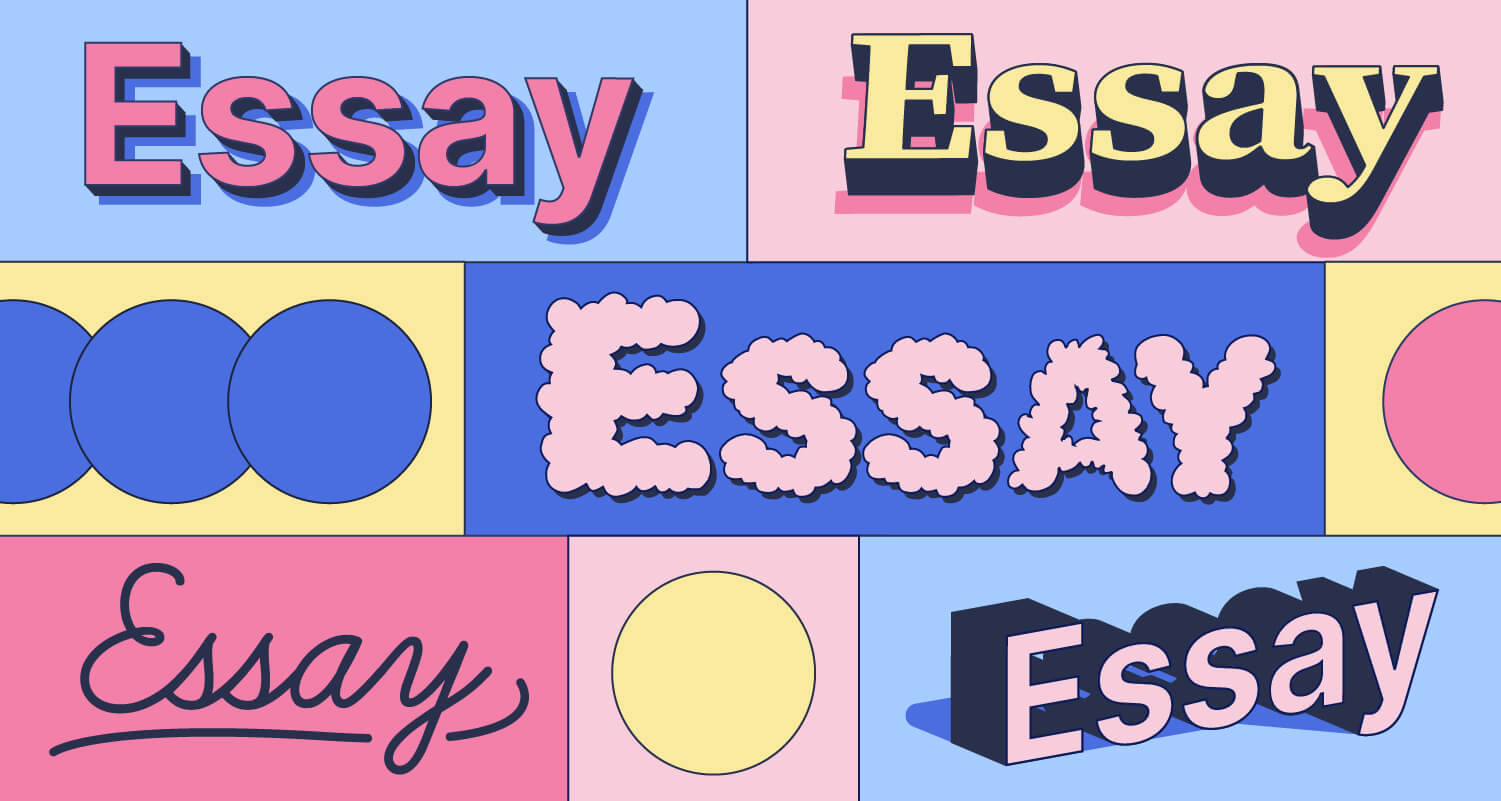Yes, you heard right! There has been a significant change in the Genuine Temporary Entrant (GTE) process in Australia. As of March 23, 2024, the process has been updated and is now referred to as the Genuine Student (GS) requirement. All applications are processed under these new GS criteria. Let’s discuss the changes made to the Statement of Purpose (SOP) in the GS requirement and how they differ from the previous GTE guidelines.
Changes in SOP Requirements
Previously, under the GTE requirement, applicants were expected to provide a comprehensive SOP that detailed various aspects of their study plans. This included why they chose a particular course, how it aligned with their career goals, reasons for choosing Australia over their home country or other countries, the selection of universities or institutions, an understanding of the student visa subclass 500 rules, and many more. The SOP often extended to over 2000 words, making it a time-consuming task.
New GS Process
With the new GS requirement, the process has been streamlined. Applicants now need to address specific questions with concise answers, each limited to 150 words. This change not only reduces the length of the SOP but also focuses on more targeted information. Here are the questions that applicants must now answer:
- Give details of the applicant’s current circumstances. This includes ties to family, community, employment and economic circumstances.
- Explain why the applicant wishes to study this course in Australia with this particular education provider. This must also explain their understanding of the requirements of the intended course and studying and living in Australia.
- Explain how completing the course will be of benefit to the applicant.
- Give details of any other relevant information the applicant would like to include.
NOTE: Applicants who have previously held a student visa or are lodging an application in Australia from a non-student visa must also answer an additional question. Along with these responses, supporting documents must be attached to the applicant’s ImmiAccount. Generic statements unsupported by evidence will not be given significant weight, so it is important to attach evidence for all claims.
How to Answer GS Questions?
Although the requirement for a lengthy SOP has been eliminated, making responses to these GS questions can still be challenging. Each answer must be precise, informative, and authentic, covering all necessary information in just 150 words per question. Let’s break down how to effectively address each question:
Question 1: Give details of the applicant’s current circumstances. This includes ties to family, community, employment and economic circumstances.
Example: “I am currently working as a software developer at XYZ Company, where I lead a team of five. With my program in Australia, I will learn skills similar to those of a Business Development Manager, enabling me to work on developing a business. Besides, I live with my parents and younger sister, who are very supportive of my education plans. I am actively involved in local community tech meetups, which help me stay updated with industry trends. My education in Australia will make me able to get recruited by a prominent company back in India.
Question 2: Explain why the applicant wishes to study this course in Australia with this particular education provider. This must also explain their understanding of the requirements of the intended course and studying and living in Australia
Example: I chose the Master’s in Management at ABC University because of its strong industry connections and comprehensive curriculum. This course aligns perfectly with my goal of becoming a Business Development Manager. ABC University stood out due to its state-of-the-art facilities and excellent faculty. I am aware of the cultural diversity in Australia and look forward to contributing to and learning from this vibrant community. Financially, I have saved enough to support my initial months in Australia, and my family is also contributing to my education fund.
Question 3: Explain how completing the course will be of benefit to the applicant.
Example: The answer must include how Australian education will be beneficial. The answer will be like “Completing this course will make me able to learn about the advanced business developing skills, essential for my career advancement. It will open opportunities for senior roles in my field, allowing me to contribute significantly to my company and the industry.
Question 4: Give details of any other relevant information the applicant would like to include.
In it, include any other relevant details that strengthen your application. Provide any unique aspects of your background or future plans or your gaps.
Example: “Apart from my academic and professional qualifications in India, I have completed some online courses required to enhance business sales like Digital marketing, etc. These additional skills will enable me to bring a unique perspective to my studies and future workplace.”
To answer the above question effectively, thorough research is essential. A well-researched response will provide depth and accuracy in just 150 words.
Start Your IELTS Coaching With Crosslink Education
At Crosslink, we have a team of professionals dedicated to helping you draft these General Studies (GS) questionnaires before submitting your application. Our experts guide you through the process, ensuring your answers are well-informed and concise.
If you need any assistance, feel free to contact us. We are here to support you in framing strong, and researched based GS statements that makes your application unique among others.















![Opinion Essays [IELTS Writing Task 2] - TED IELTS](https://ted-ielts.com/wp-content/uploads/2022/11/Opinion-Essays-1.png)

